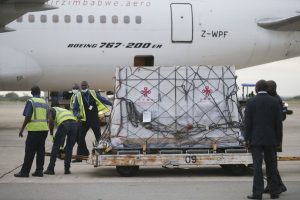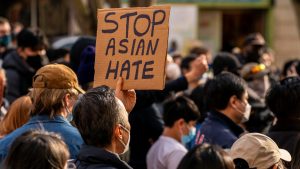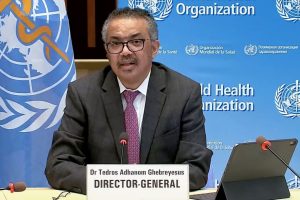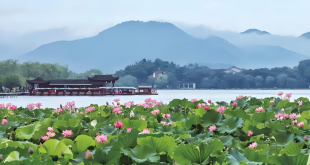By Xulio Rios
The supply of vaccines to help fight the COVID-19 pandemic is the first large-scale international relief operation carried out by the People’s Republic of China since its foundation. China is providing vaccines to 80 countries and three international organizations, covering 26 Asian and 34 African countries along with four in Europe, ten in the Americas and six in Oceania in a list that grows day by day. China is also supplying vaccine aid to the African Union, the Arab League and UN peacekeeping forces. The Sinovac and Sinopharm vaccines could be included on the World Health Organization (WHO) urgent use list by the end of April. China has cooperated with more than ten nations in its research, development and production.

This operation, which is of great importance for the global containment of the pandemic, is a sign of a sustained effort and commitment in the fight against Covid-19 that China developed from the first moment, overcoming its own difficulties to meet the urgent needs of all the world. Indeed, the fact that China is in a position to exercise this solidarity represents a novelty in the contemporary dynamics of international relations. The normal thing would be to be happy about it. But all we see are reproaches with some apparently unhappy at China’s achievements and hurt that it is showing a new status, comparable to or superior to that of the great world powers.

From mask diplomacy we have moved rapidly onto vaccine diplomacy. And always in an accusatory tone. So much so that it has resulted in a spiral of increased attacks against Chinese citizens in some countries where the obsession to demonize has ended up distilled into vile xenophobia.
Every country, including China, has much to learn from managing a challenge of this caliber. However, in view of the empirical data on who is doing better and who is doing worse in terms of prevention, containment or vaccination, we can see serious deficiencies in some places that not only have to do with national or cultural identities but also with economic and social models and long-standing contradictions.

The WHO, for example, has reflected its disappointment at the global «distribution gap» of vaccines, as vaccine research and development progresses and vaccines are used at different speeds in different countries. High-income countries have obtained massive supplies of vaccines quickly, while poor countries remain empty-handed. This situation of serious imbalance is a faithful reflection of global inequity. And the gap is widening. We should all be concerned.
On top of this the rich countries of the WTO refuse to even temporarily release the intellectual property rights of the various coronavirus; ignoring the calls of international organizations that request universal access to treatments to stop global pandemic. This is really the important debate: who favors economic game over human lives and who gives priority to lives and solidarity by advocating the recognition of vaccines as global public goods.
In some capitals preventing the pandemic from altering the current balance of power seems to be more of a concern that halting the pandemic itself. This is the only way to explain so much determination to criticize and question the aid coming from political latitudes beyond the West. The conspiracy theories of regarding the origin of the virus, which have been ruled out by the WHO, also spread to the remedies, which have even been described as «instruments of hybrid warfare» against the West. Such is the dimension of the paranoia.

If one of those Martians who might encounter NASA’s Mars Reconnaissance Orbiter or Tianwen-1 on their long journey were to observe us now, they would surely be amazed. Among the great global challenges (from tackling inequality, climate change, disarmament, etc.), a phenomenon that few counted on, world health, has crept to the forefront. Far from inspiring us to greater cooperation and to use all of our resources to face the challenge regardless of differences, a spiral of confrontation has been unleashed that only delays the end of the crisis and exacerbates other tensions. This growing hostility, clearly grounded in the critical conjuncture of world power games, is totally out of context. In times of polarization and «anything goes», the inability to put quarrels aside doesn’t bode well for the future and we desperately need another perspective.
(Xulio Ríos is director of the Chinese Policy Observatory in Spain and an expert in international relations)
 El Mandarn El Mandarn
El Mandarn El Mandarn



